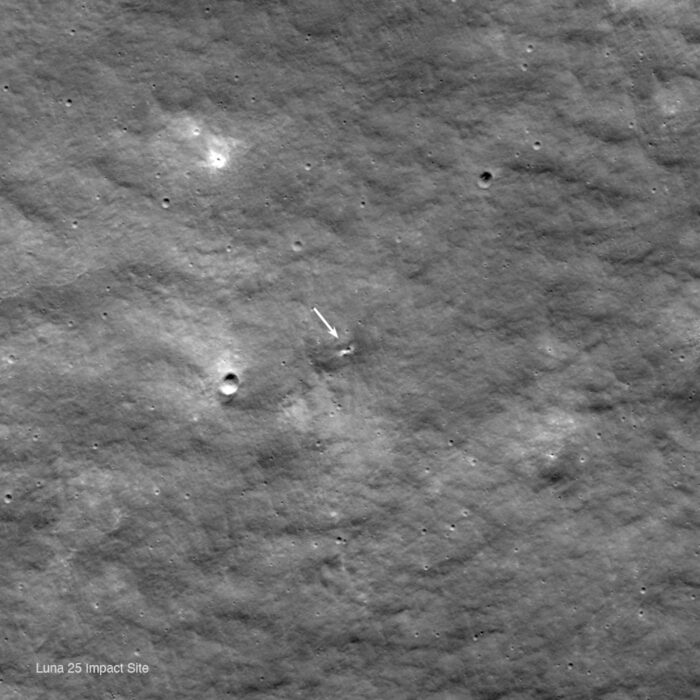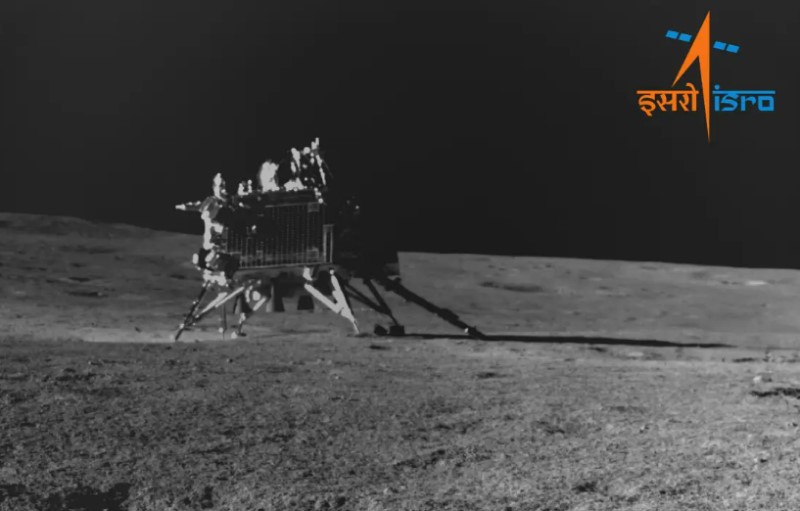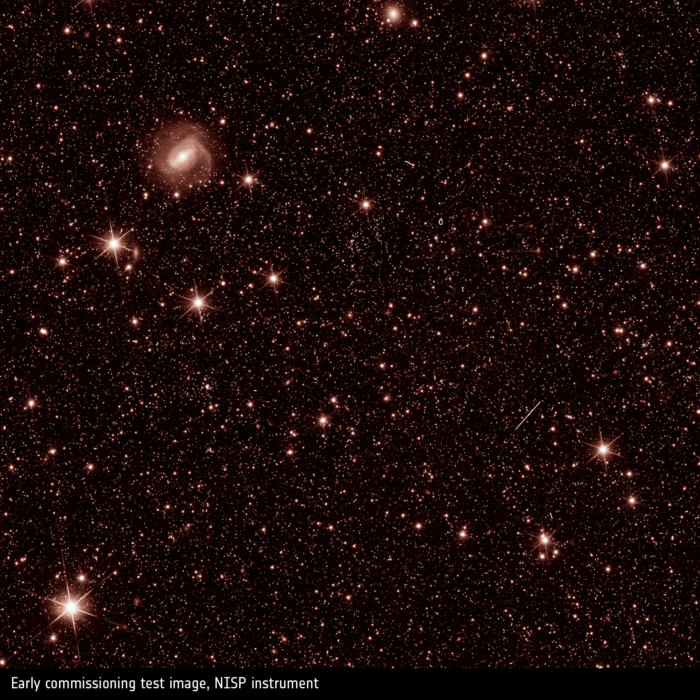Last week, NASA announced a unique crew of astronauts.
Their names? Sunita Williams, Josh Cassada, Eric Boe, Nicole Aunapu Mann, Christopher Ferguson, Douglas Hurley, Robert Behnken, Michael Hopkins, and Victor Glover.
Their mission? Flying the first-ever commercial—or privately-owned—spaceflights.
These nine astronauts will fly to the International Space Station (ISS) on board either the Boeing CST-100 Starliner or the SpaceX Crew Dragon. So why is this a big deal beyond these people getting to go into outer space?
A new era
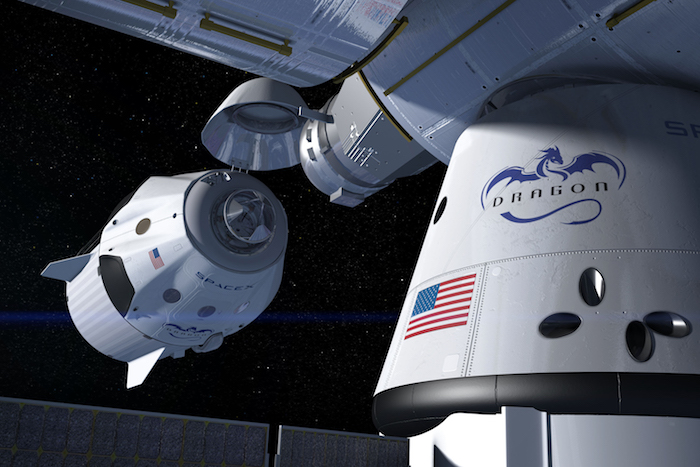
An artist's interpretation of the SpaceX Dragon docking with the ISS ... (NASA)
Up until very recently, all spacecraft was built by government agencies. So that's stuff like NASA, or the ESA (European Space Agency), or Roscosmos (the Russian Space Agency). In fact, after the NASA Space Shuttle program was retired in 2011, all astronauts were getting to the ISS on board Russian Soyuz craft.
But a new group of private tech companies—such as SpaceX, Boeing, and Virgin Galactic—have spent the last decade or so perfecting their own spacecraft. SpaceX rockets have even recently sent cargo to the ISS. Now comes the time for these companies to begin sending people to the same place.
Spread the cost around
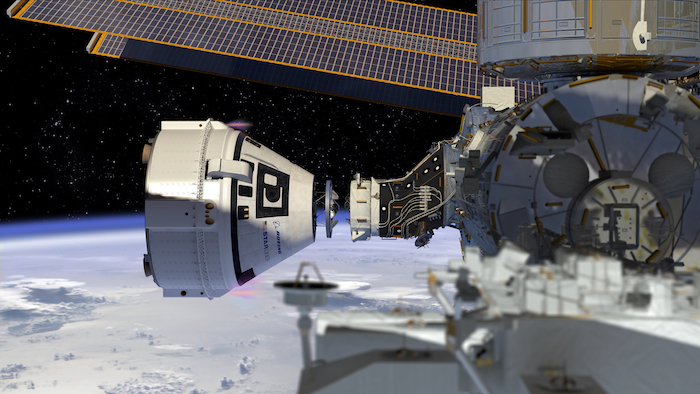
... and one of the Boeing Starliner doing the same thing! (NASA)
The truth behind why NASA is going this route isn't too surprising. Even in 2011, the cost of a single Space Shuttle mission could reach $1.5 billion US! Yikes!
So by getting private companies in on the space travel game, NASA can save money, which it can spend on probes and vehicles for missions to the Moon, Mars, and beyond. Also, sharing the cost means that they can fly to the ISS more often and expand the size of the crew there. More crew means more research, which is very important ahead of the planned Mars missions.
As for SpaceX and Boeing? Well, they get to be a part of just about the most exciting travel that there is. How could a super rich tech giant like Elon Musk say no?
Of course, the days when the average citizen can buy a ticket to space is probably still a long time coming. But for these nine adventurers, a.k.a. The Commercial Crew? Their time taking commercial craft to new horizons will happen early in the next decade.
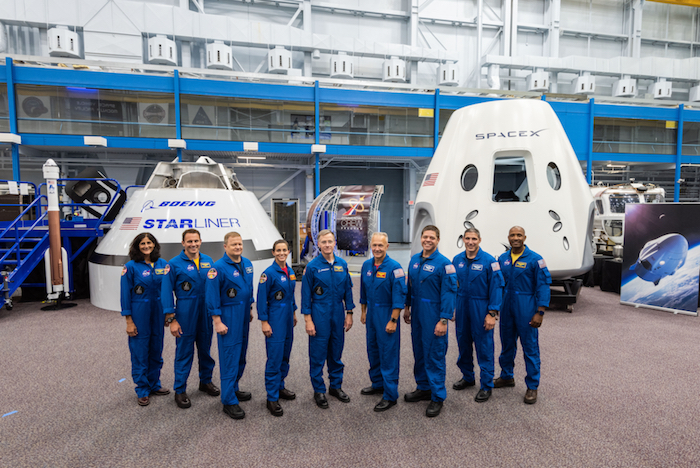 These nine astronauts can't wait to break new ground in space travel. (NASA)
These nine astronauts can't wait to break new ground in space travel. (NASA)

